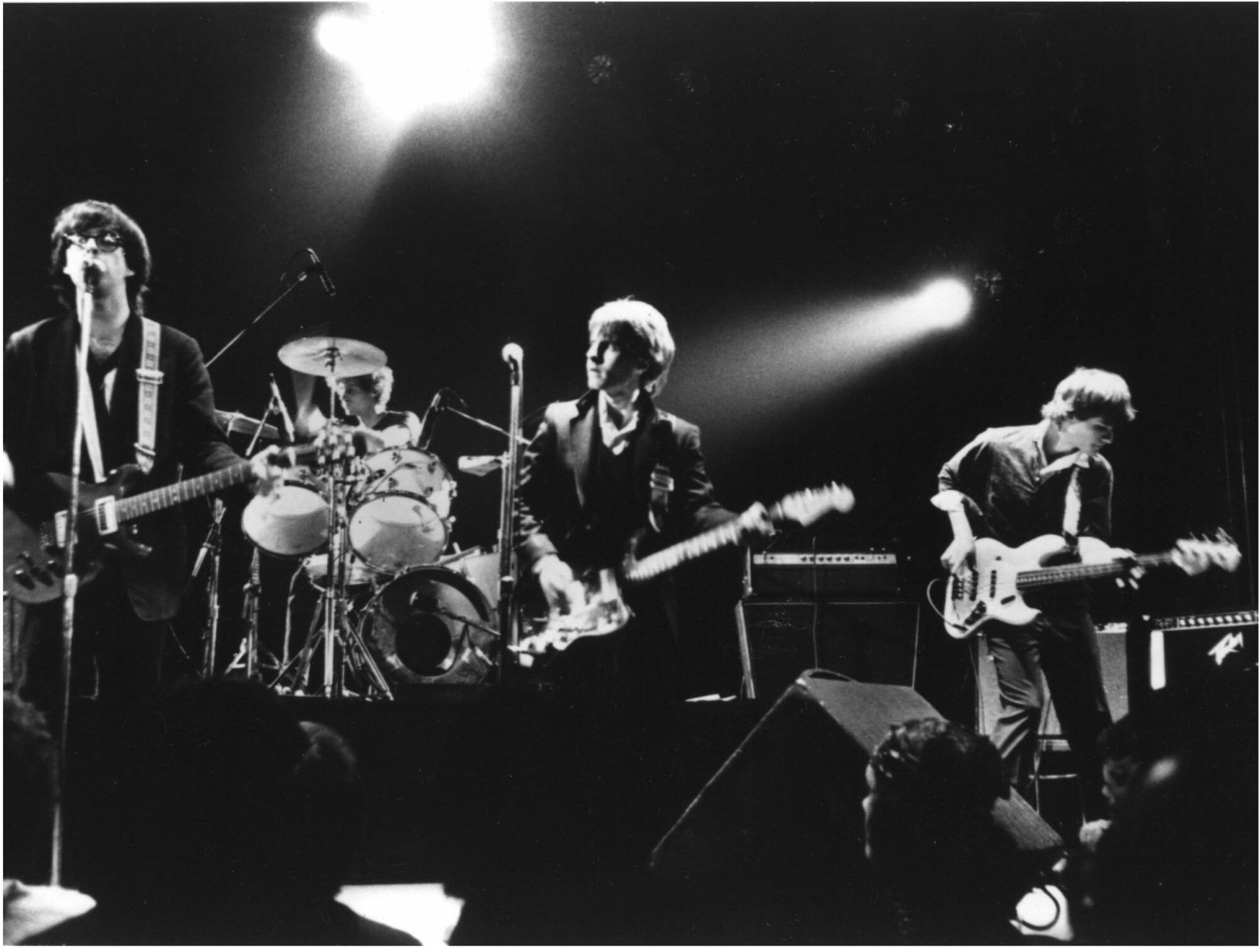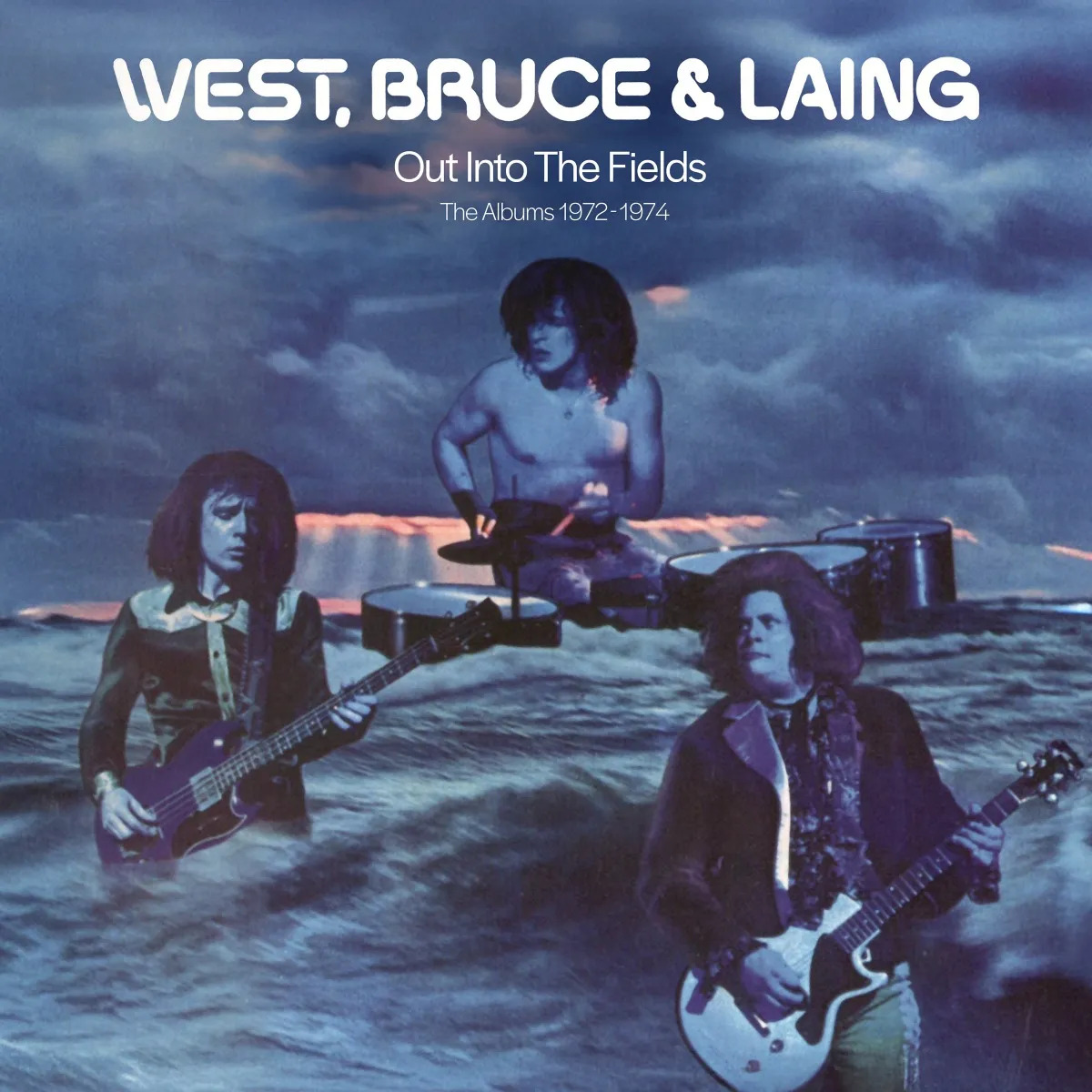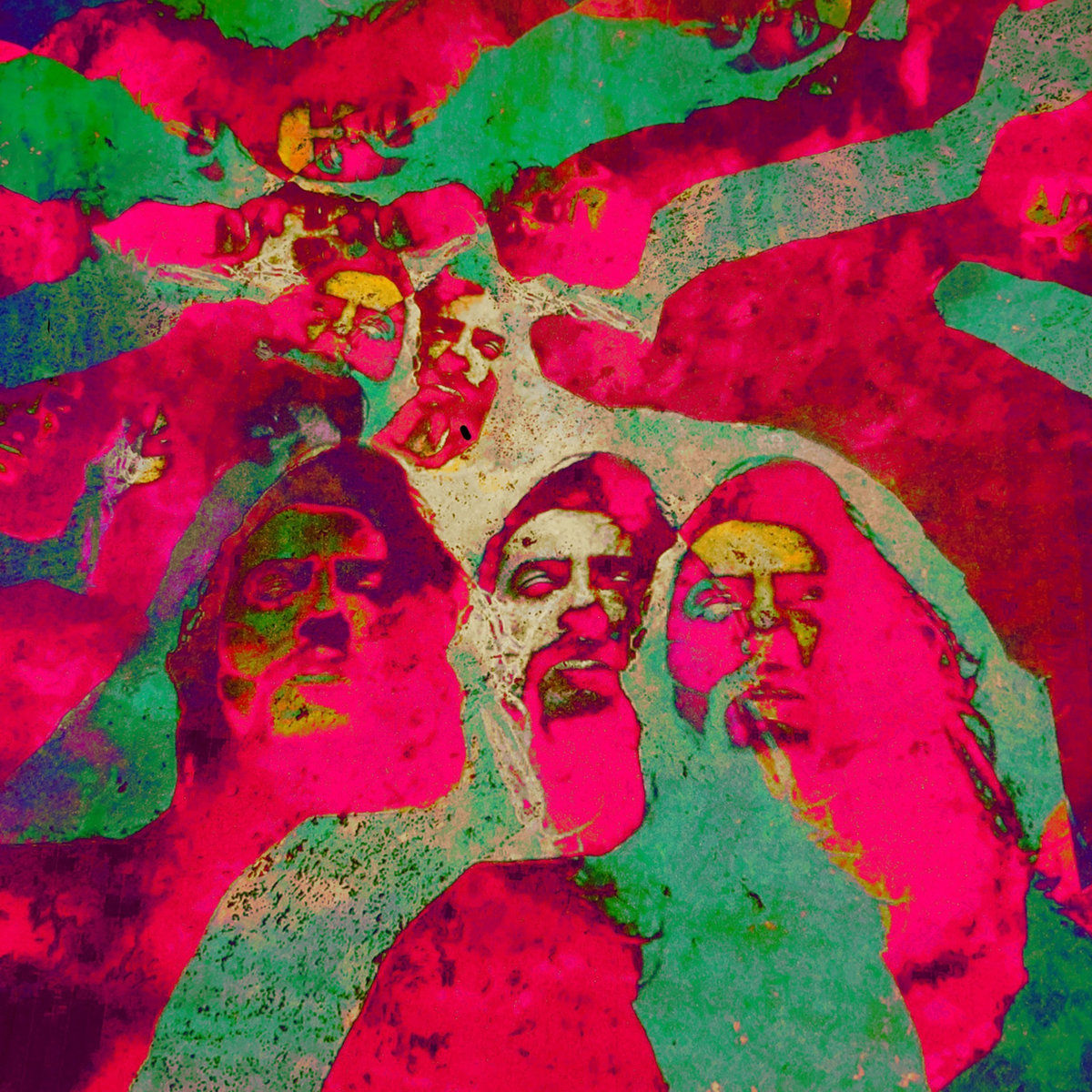Discussing Early ‘80s dB’s with Peter Holsapple
Critically acclaimed yet lacking in commercial success—how many times have we heard that in relation to quality musical acts? The dB’s, in their original iteration, faced a particular challenge in reaching record buyers who might have been interested in purchasing their albums.
The group—North Carolina transplants then living in New York City—had their first two albums issued only as imports, via the U.K. label Albion. ‘Stands for Decibels’ and ‘Repercussion,’ both released in 1981 (though ‘Repercussion’ is sometimes cited as having been issued in ’82, adding to its release history confusion), were not readily available in U.S. record shops at the time. How could a music head buy a record that just wasn’t on the racks when they went crate-digging in ’81 or ’82?
The critically acclaimed aspect has never been a problem for The dB’s. Music journalists and connoisseurs who were lucky enough to get hold of those first two long players by the band were treated to an irresistible blend of ’60s bubblegum and psychedelia, ’70s power pop, contemporary new wave sounds, and elements unique to the act. Songwriters Peter Holsapple and Chris Stamey traded off pop gems that were both throwbacks to earlier styles and forward-looking openings for the Southern jangle and Paisley Underground movements that were about to emerge. The songs were alternately herky-jerky and blissfully melodic, snotty and yearning. It was as if someone had mashed together records by The Lemon Pipers, Big Star, and early XTC, then added some completely original sounds and angles to the mix. There may not have been a wide audience for ‘Stands for Decibels’ or ‘Repercussion’ at the time, but those who knew the albums generally treasured them, and their stature among discerning listeners has only grown since.
This version of the band was short-lived. Although they have since reformed occasionally and are currently playing a smattering of concerts, The dB’s v.1 was already over by the time ‘Repercussion’ saw the light. Stamey left to pursue a solo career, leaving Holsapple as the lone frontman. And while their ’84 Stamey-free album ‘Like This’ is an absolute gem of a record, and while the original lineup (including bassist Gene Holder and drummer Will Rigby) has played and recorded together over the years and is at it again, there’s something remarkably special about the formation of the group that made those first two albums. With the Propeller Sound Recordings label having just released a new edition of ‘Repercussion’ (they reissued ‘Stands for Decibels’ earlier this year), now is an ideal time for those albums to be introduced to listeners previously unaware of them or newly appreciated by those of us who’ve been hip to them since the ’80s.
“We launched into touring with a lot of excitement”
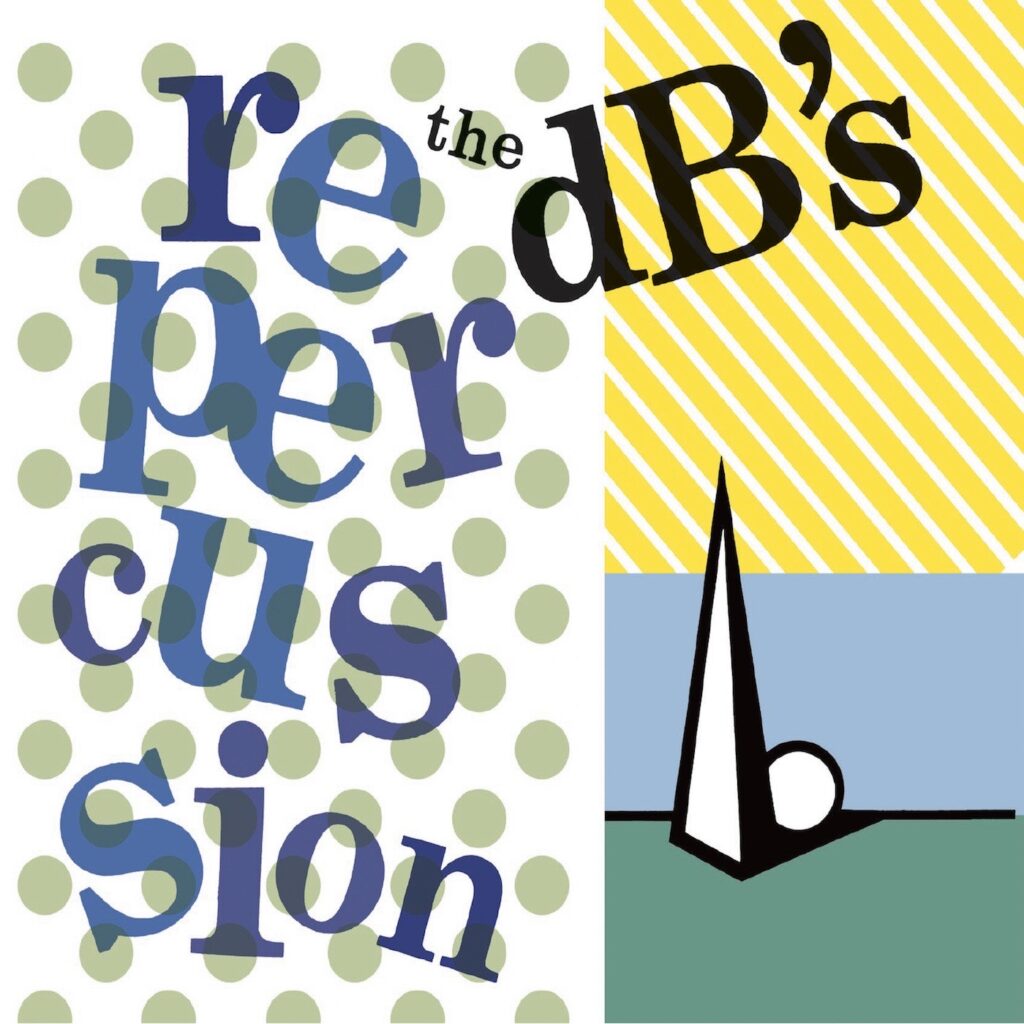
Following is an email chat I recently had with Holsapple about ‘Repercussion’ and that time in the band’s history:
At what point did you realize that Chris was leaving the band? Was that while Repercussion was still in process or after it was released?
Peter Holsapple: Chris was ready to leave after we finished ‘Repercussion,’ I think; he had suggested that we get Mitch Easter to take his place, and that he would come out and run sound for the band’s European tour. I don’t think we realized it during the recording of the album, only afterward. He has a busy mind, and I think he’d become somewhat bored of the two-guitar/bass/drums world of rock music. After he left, he released the ‘It’s a Wonderful Life’ record and toured using his Groovegate invention (which used noise gates that mics on a drum kit were sent through, allowing notes that were held down with a piece of wood on a combo organ to sound in rhythm). It was a pretty cool idea, although it wasn’t one that he kept going past a tour or two, I don’t believe.
Did you and Chris write totally separately in that era? Were there your songs and then his, with no collaboration in the writing?
Yes, Chris and I have always written separately, with only a couple of exceptions (‘Dynamite,’ which was also credited to Will Rigby and Gene Holder; ‘What’s the Matter with Me,’ a song of Chris’s to which I contributed one line; and ‘Angels,’ which was an actual co-write—me for the verses, Chris for the chorus). We each have pretty fixed ideas about the songs we write, and while we help each other arrange songs within the context of the band and the duo, we don’t write together.
Was it frustrating at the time that the first two records were only available as imports? Did you feel like a lot of people who might’ve wanted to buy them didn’t because they were not readily available and/or were pricey?
It was, of course, frustrating not to be able to get an American record label interested. We didn’t sense that our music was that difficult to understand or market, but apparently, U.S. labels were looking for something easier to work. And having been a record store employee in Manhattan at the time, it was often difficult to convince a customer to spring for an expensive import record when they could purchase the new XTC or Squeeze record for a fraction of the cost.
How did you like living in NYC at the time?
We loved being in Manhattan. I think we all felt that it was where we were destined to be at some point. I know I did. My family was from Old Greenwich, CT, before my dad moved us to Winston-Salem, NC, in 1962. So I spent most Sundays reading the Arts & Leisure section of The New York Times and my mom’s New Yorker magazine, looking at ads for the Bottom Line and for Woodstock, and thinking that it was probably a lot more fun to be a New Yorker, especially one who played music. After Television and Talking Heads started happening, it wasn’t an option to live anywhere else and try to make a go of music professionally.
Were you and the rest of the band happy with the production values of ‘Repercussion’ on the original Albion release?
Yes. We had asked Scott Litt to produce the album after we’d done a session with him at the Power Station in New York. We had initially hoped to be able to record at that studio, but the folks at Albion Records, with whom we were signed, wanted us in London. So we went to The Who’s studio in Battersea, Ramport, and we worked there for about five weeks, recording almost every day. It was a great adventure, and I think that ‘Repercussion’ still stands as people’s favorite of our albums even after all this time.
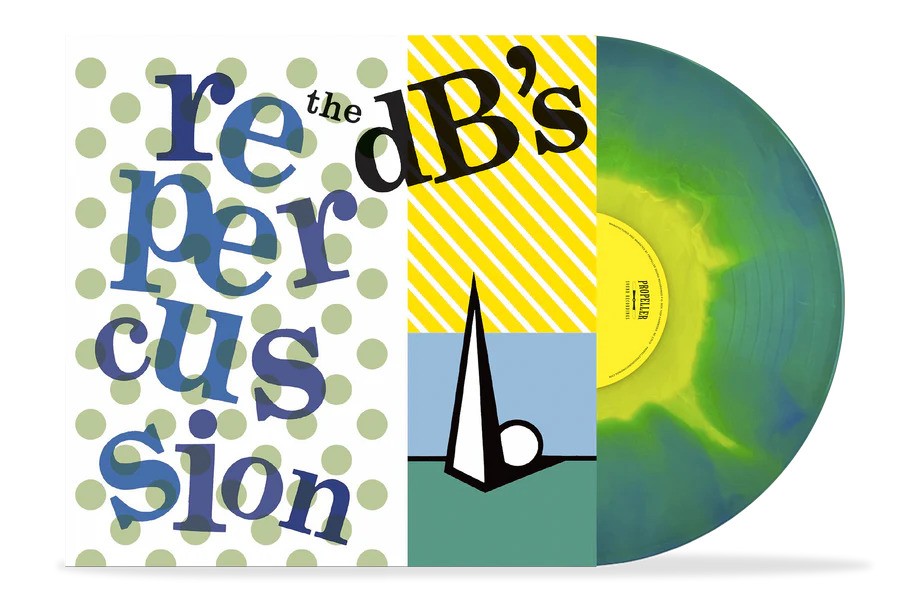
Do you agree with the notion that Chris’s songs were more experimental and yours more melodic and accessible relative to each other?
Sure, that makes sense. Chris, as I say, is a brilliant guy; he took music composition courses at UNC-Chapel Hill and had all sorts of music lessons as a kid. He’s still far more advanced with his chord changes and arrangements than I am. I’m a play-by-ear guy who failed his attempts at academic music courses at Carolina. But I do have a good ear, and I’ve been able to play over a dozen instruments capably, if not to a virtuoso degree.
Any songs on ‘Repercussion’ that you wish had been left off, or others that were left off and should’ve been on?
Chris’s gorgeous song ‘Depth of Field’ was written around the time preceding ‘Repercussion,’ and it would have been a beautiful addition to the album. But the feeling was that ‘Nothing is Wrong’ had already been given the slow ballad spot in the track listing, so Chris eventually released a solo version of it. Nonetheless, it is an exquisite song and would have fit right into the sequence.
How would you compare the early ’80s dB’s as a live band versus your studio output?
I would say confidently that The dB’s were and always have been a more consistent studio band; we learned how to make records and write songs before we moved to New York, and we only got more expert at it. Live, however, we were often struggling with our singing and faulty equipment. I often think of us as having been “consistently inconsistent” live, but in our recent shows this year, we have improved significantly as singers and players.
What was the band’s morale like around the time ‘Repercussion’ was released?
When the album came out, we felt confident and happy that we had made what we thought was an undeniably fine album. We launched into touring with a lot of excitement, as we were in our early- to mid-twenties, and the world looked like it offered our band a lot of opportunities. When we couldn’t get an American label to license ‘Repercussion’—the second album to suffer from that fate—it began to wear on us, some more than others. I went into a severe depression for many months. It took hopping into R.E.M.’s van and touring for a few weeks to get my head back on straight enough to continue with the band without Chris. Of course, the history of The dB’s versus the fickle finger of fate was hardly done with us at that point either.
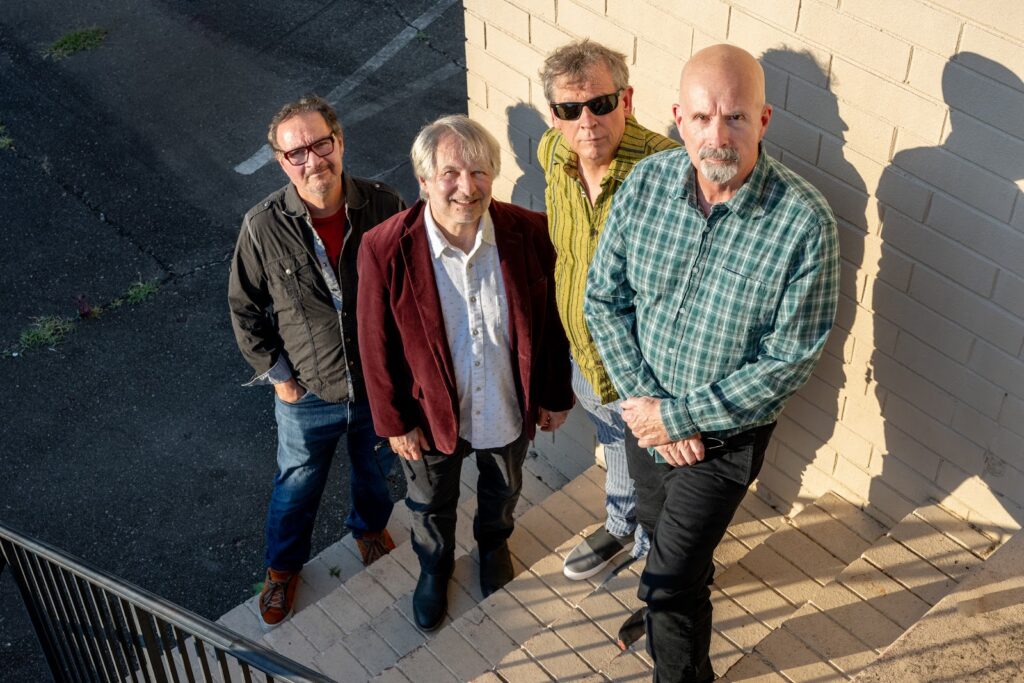
Can you recall what other groups or artists you and/or the rest of the band were especially into around ’81, whether current or older stuff?
When we were recording ‘Repercussion’ in London, we spent a lot of time at the Record and Tape Exchange’s Notting Hill Gate location, where we bought a lot of cheap used records. On the record player at our flat, we spun a lot of NRBQ’s ‘Kick Me Hard’ and ‘Tiddlywinks’ as we had been big fans of the band for many years. We loved ‘What You’re Proposin” by Status Quo and ‘There’s a Guy Works Down the Chip Shop (Swears He’s Elvis)’ by Kirsty MacColl, someone whose catalog is still near and dear to me. Scott Litt was sort of obsessed with ‘Yes, Mr. Peters’ by Roy Drusky and ‘Priscilla Mitchell,’ which probably needs to be heard to be believed (Roy is obviously answering a call from his paramour Priscilla, but his wife is standing nearby, hence the duplicitous answers he provides).
Brian Greene
All photo materials are copyrighted by their respective copyright owners, and are subject to use for INFORMATIONAL PURPOSES ONLY!
Peter Holsapple Official Website / Facebook / Instagram / Bandcamp / YouTube
The dB’s Official Website / Facebook / Instagram / Twitter / Bandcamp
Propellor Sound Recordings Official Website / Facebook / Instagram / Twitter / Bandcamp / YouTube
Peter Holsapple | The dB’s | Interview

